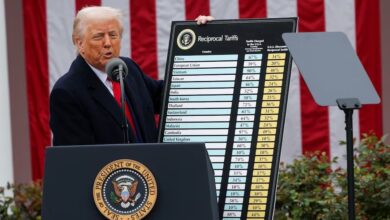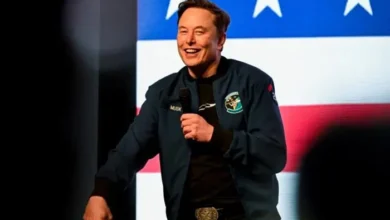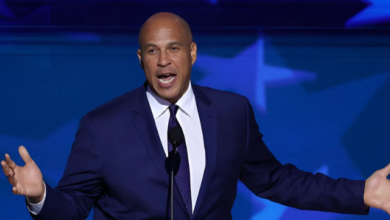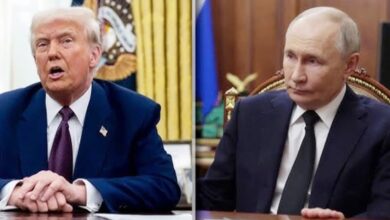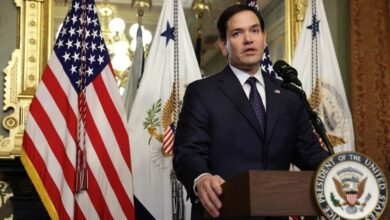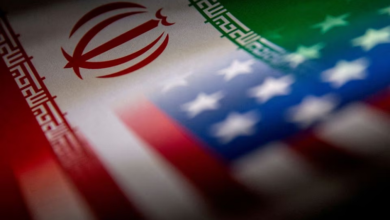Former Costa Rican president and Nobel Peace Prize laureate Oscar Arias said that his US visa had been revoked, weeks after he publicly criticised US President Donald Trump and questioned American influence in Central America.
Speaking at a press conference in the capital San José, the 84-year-old statesman said he had received a short email from US authorities notifying him of the decision, without offering a formal explanation.
“I have no idea what the reason is,” Arias told reporters. “It was a terse message, just a few lines. But I suspect it may be linked to the foreign policy decisions made during my time in office.”
Arias served as president of Costa Rica twice, most recently from 2006 to 2010.
During his second term, he famously shifted diplomatic recognition from Taiwan to China—a move seen as aligning Costa Rica more closely with Beijing’s growing global ambitions.
“Of course, it is known worldwide that I established diplomatic relations with China,” Arias said. “But that was a sovereign decision, made in Costa Rica’s national interest.”
The Trump administration has increasingly pushed back against Chinese influence in the Western hemisphere and supported Costa Rica’s current president, Rodrigo Chaves, for excluding Chinese firms from the country’s 5G infrastructure projects.
Arias has publicly criticised Chaves’s alignment with Washington.
In a February post, he wrote that “it has never been easy for a small country to disagree with the US government, less so when its president behaves like a Roman emperor.”
“During my governments, Costa Rica never received orders from Washington as if we were a banana republic,” he added.
Arias was awarded the Nobel Peace Prize in 1987 for his role in helping end civil wars in Central America. His recent visa cancellation follows similar actions taken against three Costa Rican legislators who opposed the Chaves administration’s stance on 5G development.
The US State Department has not commented on the specific reasons for the visa revocations.
Costa Rica maintains close economic and political ties with both the United States and China, but the recent spate of cancelled visas has fuelled speculation about pressure tactics amid intensifying global competition.


